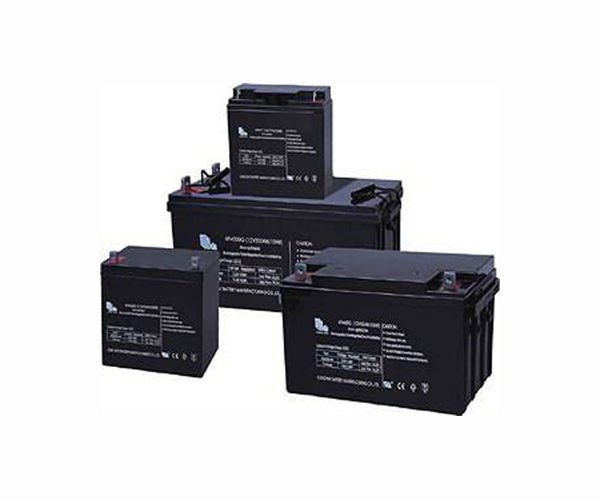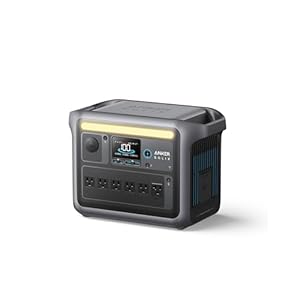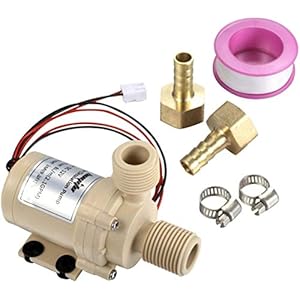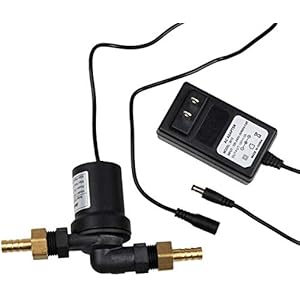
Battery increase drives Bangladesh lead poisoning epidemic
By Philippe ALFROY
Mirzapur, Bangladesh (AFP) April 1, 2025
Bangladeshi Junayed Akter is 12 years previous however the poisonous lead coursing by means of his veins has left him with the diminutive stature of somebody a number of years youthful.
Akter is one among 35 million youngsters — round 60 % of all youngsters within the South Asian nation — who’ve dangerously excessive ranges of lead publicity.
The causes are various, however his mom blames his maladies on a since-shuttered manufacturing unit that rapidly scrapped and recycled previous car batteries for revenue, within the course of poisoning the air and the earth of his small village.
“It could begin at night time, and the entire space can be crammed with smoke. You may scent this explicit odour once you breathed,” Bithi Akter instructed AFP.
“The fruit now not grew in the course of the season. Someday, we even discovered two useless cows at my aunt’s home.”
Medical checks confirmed Junayed’s blood had twice the extent of lead deemed by the World Well being Group to trigger severe, and certain irreversible, psychological impairment in younger youngsters.
“From the second grade onward, he did not need to take heed to us anymore, he did not need to go to high school,” Bithi mentioned, as her son sat subsequent to her whereas gazing blankly out on the courtyard of their house.
“He cried on a regular basis too.”
Lead poisoning will not be a brand new phenomenon in Bangladesh, and the causes are manifold.
They embrace the heavy metallic’s widespread and continued use in paint, in defiance of a authorities ban, and its use as an adulterant in turmeric spice powder to enhance its color and perceived high quality.
An awesome many instances are blamed on casual battery recycling factories which have proliferated across the nation in response to rising demand.
Kids uncovered to harmful ranges of lead danger decreased intelligence and cognitive efficiency, anaemia, stunted progress and lifelong neurological issues.
The manufacturing unit within the Akter household’s village closed after sustained complaints from the group.
However environmental watchdog Pure Earth believes there could possibly be 265 such websites elsewhere within the nation.
“They break down previous batteries, take away the lead and soften it right down to make new ones,” Pure Earth’s Mitali Das instructed AFP.
“They do all this within the open air,” she added. “The poisonous fumes and acidic water produced in the course of the operation pollute the air, soil and water.”
– ‘They’ve killed our village’ –
In Fulbaria, a village that sits a couple of hours’ drive north of the capital Dhaka, operations at one other battery recycling manufacturing unit owned by a Chinese language firm are in full swing.
On one aspect are verdant paddy fields. On the opposite, a pipe spews murky water right into a brackish pool bordered by useless lands, caked with thick orange mud.
“As a baby, I used to deliver meals to my father when he was within the fields. The panorama was magnificent, inexperienced, the water was clear,” engineer and native resident Rakib Hasan, 34, instructed AFP.
“You see what it seems like now. It is useless, eternally,” he added. “They’ve killed our village.”
Hasan complained in regards to the manufacturing unit’s air pollution, prompting a decide to declare it unlawful and order the ability be shut off — a choice later reversed by the nation’s supreme courtroom.
“The manufacturing unit purchased off the native authorities,” Hasan mentioned. “Our nation is poor, many individuals are corrupt.”
Neither the corporate nor the Chinese language embassy in Dhaka responded to AFP’s requests for touch upon the manufacturing unit’s operations.
Syeda Rizwana Hasan, who helms Bangladesh’s atmosphere ministry, declined to touch upon the case as a result of it was nonetheless earlier than the courts.
“We frequently conduct operations towards the unlawful manufacturing and recycling of electrical batteries,” she mentioned.
“However these efforts are sometimes inadequate given the size of the phenomenon.”
– ‘Unaware of the hazards’ –
Casual battery recycling is a booming enterprise in Bangladesh.
It’s pushed largely by the mass electrification of rickshaws — a previously pedal-powered technique of conveyance widespread in each large cities and rural cities.
Greater than 4 million rickshaws are discovered on Bangladeshi roads and authorities estimate the marketplace for becoming all of them with electrical motors and batteries at round $870 million.
“It is the draw back of going all-electric,” mentioned Maya Vandenant of the UN youngsters’s company, which is pushing a method to wash up the trade with tighter rules and tax incentives.
“Most individuals are unaware of the hazards,” she mentioned, including that the general public well being impacts are forecast to be a 6.9 % dent to the nationwide economic system.
Muhammad Anwar Sadat of Bangladesh’s well being ministry warned that the nation couldn’t afford to disregard the size of the issue.
“If we do nothing,” he instructed AFP, “the variety of folks affected will multiply three or fourfold within the subsequent two years.”
Associated Hyperlinks
Trending Merchandise











